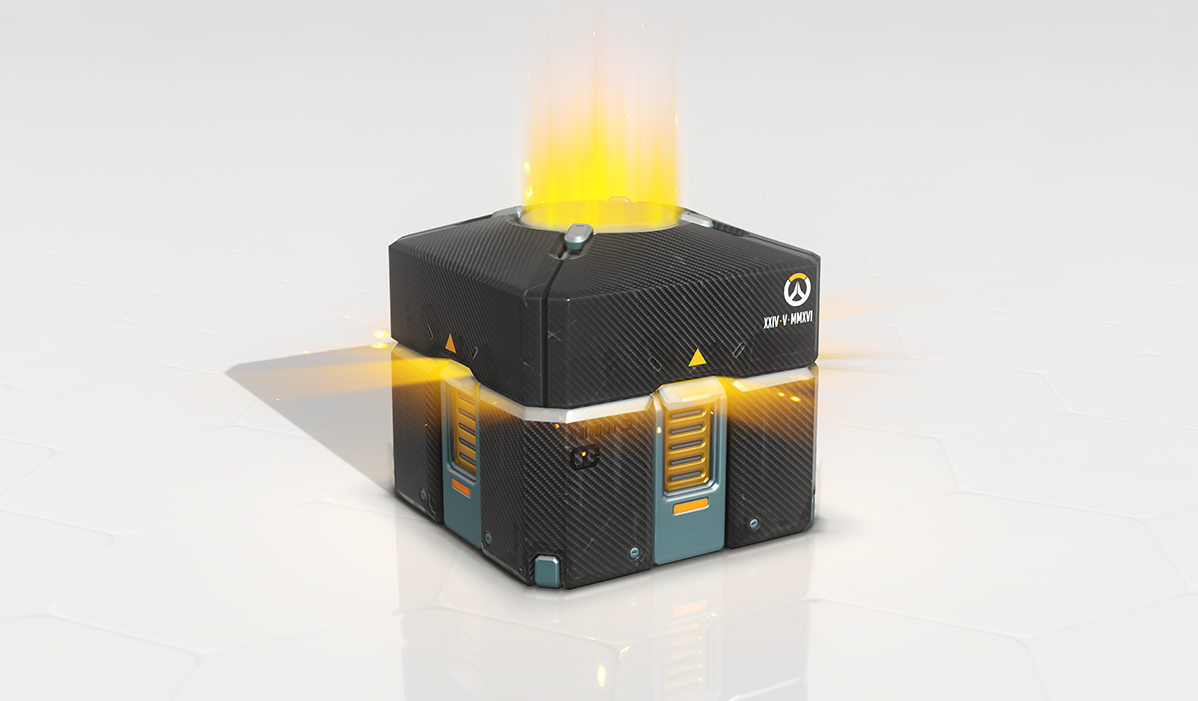Elevate Your Digital Presence
Explore tips and strategies to enhance your online engagement.
Loot Box Lottery: Are Gamers the New High Rollers?
Discover how loot box lotteries are turning gamers into high rollers! Uncover secrets behind the thrill and spending in the gaming world.
Understanding the Mechanics of Loot Boxes: A Gamer's Guide
Understanding the mechanics of loot boxes has become increasingly important for gamers and developers alike. These digital treasures, often found in popular games, offer players randomized in-game rewards, ranging from cosmetic items to essential gameplay gear. But how do these systems work? Typically, loot boxes utilize a probability-based model where each item has a specific drop rate. This means players often have to weigh the risks and rewards of spending their in-game currency or real money on these boxes, as they might not always receive what they hoped for. The excitement of opening a loot box is similar to that of a lottery, where anticipation can lead to a rush of emotions when receiving a coveted item.
One key aspect of loot box mechanics is the implementation of algorithms that determine the outcome of each box. This can sometimes lead to controversy, especially when players feel that the odds are not transparent. Many games have begun to address these concerns by displaying the probabilities of obtaining specific items within the box. Understanding these mechanics allows gamers to make informed choices and participate in a more responsible gaming environment. For those interested in maximizing their loot box experience, it's essential to stay aware of any promotional events, such as double drop rates or limited-time offerings that can enhance the value of their purchases.

Counter-Strike is a popular first-person shooter game that has captivated millions of players worldwide. The game's competitive nature and strategic gameplay make it a favorite for both casual gamers and professional eSports teams. Players can enhance their experience with various skins and items, and many seek out the best deals, including using a daddyskins promo code to maximize their purchases.
The Psychology Behind Loot Box Spending: Are Gamers Truly High Rollers?
The rise of loot boxes in video games has sparked significant debate regarding their impact on consumer behavior. Game developers have leveraged psychological principles to encourage spending, often making players feel as if they are making calculated risks akin to gambling. The concept of variable rewards, where players receive unpredictable in-game items, can trigger the brain's reward system, similar to traditional slot machines. Research indicates that this uncertainty can lead to increased spending among gamers, who may perceive loot boxes as a form of entertainment rather than a financial gamble.
Furthermore, social factors play a pivotal role in loot box spending. Players often compare their in-game assets with those of their peers, leading to a social pressure that may encourage them to spend beyond their means. The phenomenon known as FOMO (fear of missing out) can drive individuals to invest substantial amounts in loot boxes, as they chase after exclusive items or enhanced gameplay experiences. Thus, while not all gamers can be classified as high rollers, the intersection of psychology and social dynamics creates a fertile ground for substantial spending in the realm of loot boxes.
Are Loot Boxes a Form of Gambling? Exploring the Controversy
The rise of video games in the entertainment industry has sparked a heated debate regarding the legitimacy of loot boxes and whether they should be classified as a form of gambling. Loot boxes are virtual items that players can purchase or earn, which contain random rewards that vary in desirability. Opponents of this practice argue that it mirrors traditional gambling mechanics, as players spend real money for a chance at winning high-value items, creating an adrenaline-fueled experience akin to a casino. The concern is particularly pronounced among regulators and parents, as many children are exposed to these loot boxes, potentially leading to addictive behaviors.
On the other hand, supporters of loot boxes contend that they are simply a form of entertainment and do not fit the strict definition of gambling since players can often earn the boxes without spending money. Furthermore, many games offer players transparency regarding the contents and probabilities associated with loot boxes, allowing for informed decisions. Nonetheless, the controversy continues as more countries propose regulations and even bans, seeking to protect consumers and ensure fair practices in the gaming industry.